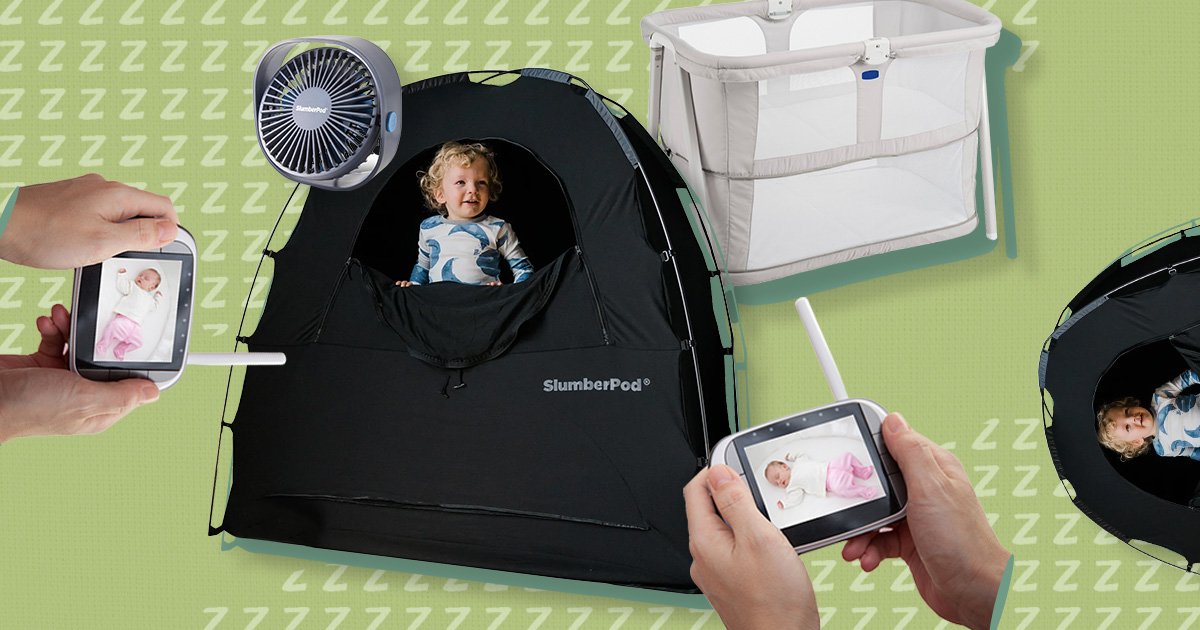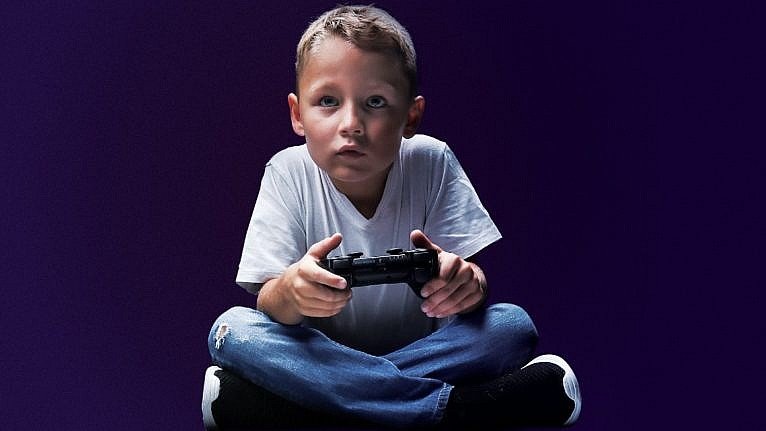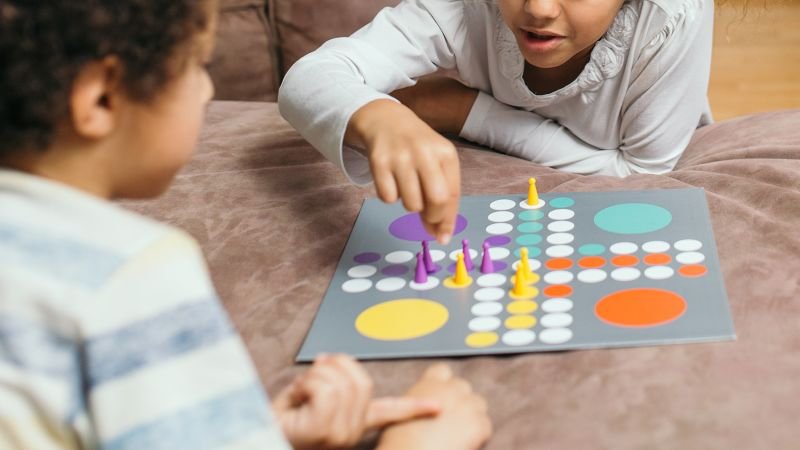A mom questioned about her two-year-old little one Oliver’s socialization with friends when he performed at his buddy’s home or when he was at his child-care centre. Since Oliver continues to be studying to speak, he can’t describe his social experiences.
This can be a fictional state of affairs, however researchers encounter comparable challenges when gathering details about very younger youngsters’s experiences with friends. But, it is very important examine younger youngsters’s socialization with friends, as these early, preliminary interactions set the stage for the standard of later relationships.
In collaboration with colleagues Ayelet Lahat, Holly Recchia, William Bukowski and Jonathan Santo, we used a singular dataset to check how these younger youngsters’s relationships kind. We included 32 toddlers of two totally different age cohorts, with youngsters both aged about 20 months or about 30 months.
Every toddler was paired with two same-age, same-gender toddlers. Every pair met for 18 totally different 45-minute play dates over a four-month interval, so every little one had a complete of 36 play dates. We noticed how very younger youngsters (20-month-olds) developed peer relationships, and the way they’re able to participating in complicated video games as they get to know a peer over time.
(Cottonbro Studio/Pexels)
Interplay between two common playmates
Our examine recruited dad and mom in a mid-sized Canadian metropolis (in Waterloo Area, Ont.) by cellphone, primarily based on start bulletins in a neighborhood newspaper. Most dad and mom within the pattern had no less than some post-secondary schooling.
Gathering information was not simple, since dad and mom needed to conform to 36 play dates with certainly one of two common playmates within the examine. Having a collection of play dates allowed us to discover the modifications in youngsters’s interactions as they shaped a relationship with a peer.
Play dates alternated between the toddlers’ properties, and between visits with the 2 totally different play companions. All taking part dad and mom had been moms. Moms had been requested to permit the youngsters to work together freely with each other and to not direct or set up their play; they had been free to reply to the toddlers’ overtures.
A researcher adopted the youngsters and dictated all peer-related social actions onto one observe of an audio tape recorder. On a second observe, the youngsters’s verbal and vocal behaviour was recorded.
How constant are youngsters with totally different friends?
All youngsters’s interactions had been coded into:
the kind of actions: for instance, does the kid smile, watch or present one other little one one thing?
kind of sequences: for instance, a battle, a recreation or a collection of actions made by youngsters in response to an motion made by the peer, reminiscent of a toddler providing to share a snack and the opposite little one accepting.
kind of contributions: if a toddler initiates or ends a sequence.
The dataset is complicated to research as a result of every little one had two play companions, and since the play came about over time.
Nevertheless, the dataset is exclusive and priceless as a result of it offers the chance to check how younger youngsters develop peer relationships and the way constant they’re in how they work together with totally different youngsters.
Function of age and language potential
A primary examine examined the change in interactions over time. We discovered that as toddlers kind peer relationships, optimistic interactions reminiscent of video games, social fake play and relationship-affirming gestures (like greeting or thanking one another, or laughing in delight) additional elevated, and conflicts or adverse actions (reminiscent of inflicting bodily hurt or disruptive fussing) decreased.
Toddlers’ interactions develop into more and more extra organized and optimistic as the connection developed. Age and language potential predicted modifications in frequency and size of the several types of sequences.
Significance of preliminary behaviours
A second examine on optimistic and adverse actions discovered that toddlers’ behaviours, after they initially meet, set the stage for the relationships they develop. So, it is necessary for toddlers to have extra optimistic interactions at first of the connection.
A 3rd examine on social fake play, which is at the moment in press, indicated that younger youngsters are able to participating in social fake play — a type of complicated interplay — with friends.
Profitable initiations of fake play elevated quicker as youngsters received to know each other, in direction of later play dates. Kids’s age and language skills had been positively related to the frequency and the size of social fake play.
(Pexels/ Caleb Oquendo)
Constant play companions matter
Modifications in youngsters’s interactions as they get to know each other are complicated. General, optimistic interactions have a tendency to extend and early optimistic interactions predict later optimistic interactions.
Caregivers and fogeys needs to be conscious that toddlers develop relationships with friends. Having a constant play associate is necessary, as youngsters’s interactions develop into extra concerned and complicated as soon as they get to know each other.
It can be crucial for younger youngsters to have a optimistic play associate, as a optimistic peer can promote optimistic peer interactions and relationships.
(Pexels/Yan Krukau)
Socially refined play
These findings counsel a number of concerns and practices for fogeys and caregivers and for little one coverage.
It can be crucial for caregivers and fogeys to intervene and assist youngsters after they expertise adverse interactions with friends as youngsters get to know each other (in the course of the first few instances when two unfamiliar toddlers meet) and to encourage optimistic interactions between them. If a toddler doesn’t know learn how to provoke interactions with a peer, adults might mannequin or encourage the kid to ask the peer to play video games by sharing toys.
Our examine paperwork that even 20-month-old youngsters are in a position to interact in socially refined play. Mother and father and all caregivers and educators ought to present supplies to allow very younger youngsters’s play.
The chance to develop relationships with particular friends will be fostered by frequently attending early childhood education schemes or frequently enjoying with the identical youngsters.




